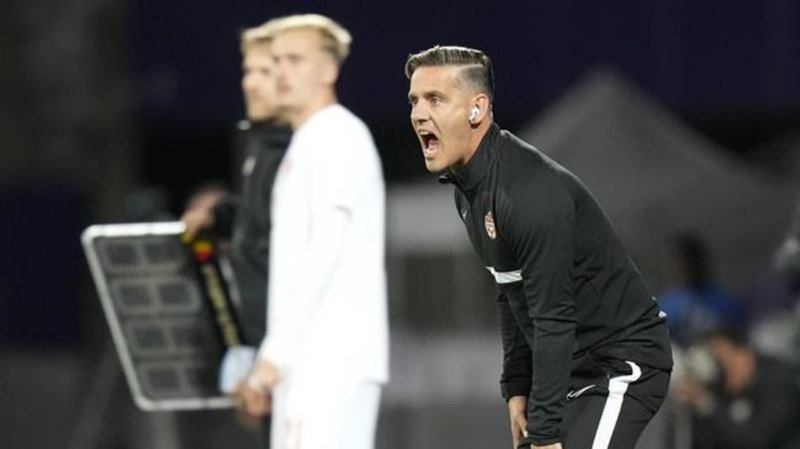
Herdman always believed Canada belonged at World Cup. Now an entire country does too
John Herdman believed when virtually no one else did. Canada was going to the World Cup in 2022.
That was the message at his first camp in charge, in March 2018 in Murcia, Spain.
“He told us the goal in that very first meeting — which was to qualify for the World Cup. He said it then and there,” said Toronto FC midfielder Jonathan Osorio.
“He had the vision long before anybody else did. Nobody there was thinking about 2026. We were all focused on the next thing right in front of us — which was the chance to qualify for the World Cup in Qatar.”


